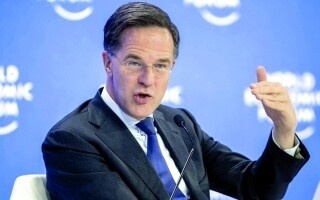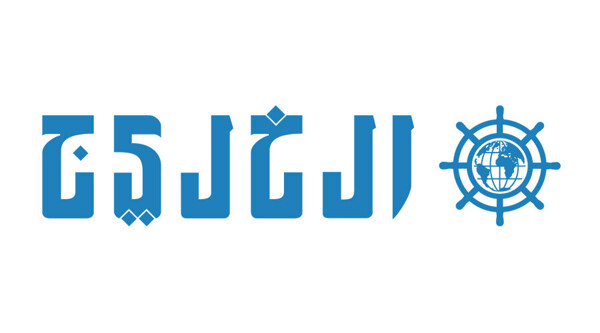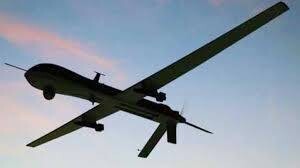
Europe and NATO are facing a serious crisis against the backdrop of rising tensions with the administration of U.S. President Donald Trump, who aims to undermine transatlantic ties. This forces historical allies to consider their own defensive capabilities. The White House believes that Europe should not constantly rely on Washington as its protector. At the same time, the Trump administration is trying to improve relations with Moscow, which gives Russia a justification for its war in Ukraine.
U.S. Secretary of Defense Hagel said in Warsaw last week: "There is no suggestion that American troops will be permanently stationed here." After serious meetings in the obligations of the Trump administration regarding Article 5 of the North Atlantic Treaty, questions arise about the readiness to defend NATO members in the event of an attack.
Even despite the multilateral call to allies to increase spending on defense, the leading role in this process is borne by the U.S. and Germany. The alliance has a significant deficit in collective defense spending. There is the potential danger that in the event of a sharp withdrawal of American forces from Europe, the continent will find it difficult to independently defend itself.
Many European countries are ready to take on greater responsibility for collective defense. Recently, the Prime Minister of the United Kingdom, Starmer, stated that Europe must prepare to face a "two-fold challenge" in the area of security. However, increasing spending alone may prove inadequate, so European allies need to be strategically savvy about how and where to allocate these additional resources.















